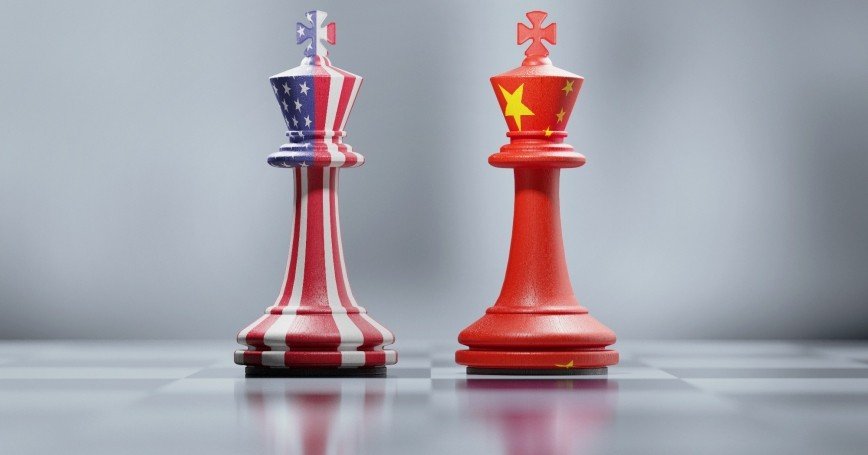As competition between the two countries continues with no sign of a slowing, a US-based analyst claims that bilateral relations between the United States and China are on the verge of “further deterioration.”
The Biden administration “did not, and perhaps is not capable of preventing and arresting the future deterioration” of the already strained Sino-US relations, according to Giorgio Cafiero, CEO of Persian Gulf State Analytics in Washington, DC.
Washington leaders have been preoccupied with the need to compete with China, according to Cafiero, who added that it would be challenging to change their perspectives anytime soon. According to him, the underlying tenor of the rivalry has been established by the two sides’ efforts to decouple trade and technology from security concerns in the Indo-Pacific area.
Restoring communications is necessary
Cafiero stated that both nations had reaffirmed their commitment to managing their differences and avoiding violence, but added that they were both in the process of finding a new equilibrium to coexist.
He emphasised that both nations needed to open up lines of communication again and cautioned that there was a particularly high risk during a time of transition. “Especially when the two nations lack efficient communication routes to handle a variety of concerns like security, trade, and climate change.”
“The fast changing dynamics around the world also create a pressing necessity for the two countries to maintain and strengthen their communication channel,” Cafiero added.
In this regard, Cafiero stated that the White House aims to set up a face-to-face meeting between US President Joe Biden and his Chinese counterpart Xi Jinping at the G20 conference in Bali later this month in order to “cool down the air” after things were tense for months.
However, Cafiero noted that “any move [by the Biden administration] to ease tensions with China will be attacked [by Washington leaders] as being soft to China.”
Sino-Russian unity vs the Sino-West alliance
Cafiero said that China’s resentment of US-led regional multilateral security alliances like NATO was nothing new, and as a result, he disregarded the possibility of a China-West alliance supporting Ukraine in its conflict with Russia. According to him, Sino-Russian relations are primarily an expression of their shared desire to “effectively counter external interference and threats to regional security, and maintain international strategic stability,” as stated in their joint statement prior to the conflict in February over the Ukraine crisis.
In his discussion with German Chancellor Schultz, Xi underlined Beijing’s position on the Ukraine issue. He claimed that China would never join forces with Russia to promote or advocate the use of nuclear weapons. China has made it clear that discussion, not sanctions or bloc formation, is the route that must be taken to restore peace and stability in Ukraine.
